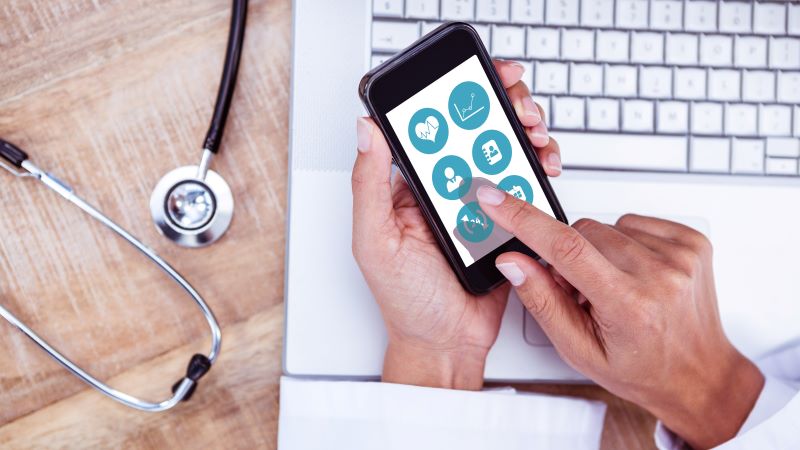Regulated apps, also known as digital therapeutics, are a relatively new market being categorised as medical devices. They are attractive for their accessibility, scalability, and consistency. Healthcare systems around the world have been strained by the Covid-19 pandemic and are dealing with higher expectations from patients and limited staff, making regulated apps an interesting potential supplement. It should be noted that there is a large difference in the quality of apps available as wellness aids, and those that have met the burden of evidence to gain regulatory approval.
The recent workforce cuts at companies like Amazon, Twitter, and Meta include talent qualified to move into the regulated app market with some familiarisation. A leader in the regulated app market, Pear Therapeutics, has followed this trend by cutting 22% of its workforce in order to improve profitability. Regulated apps are a niche market that may lack the cachet of tech companies that operate globally but, in difficult times, stability is a valuable quality. Healthcare is a sector that is resilient to economic downturns and in a position to absorb this newly available talent, whether that be with existing device manufacturers, start-ups, or regulators themselves.

Access deeper industry intelligence
Experience unmatched clarity with a single platform that combines unique data, AI, and human expertise.
There is strong consumer preference for apps over using a dedicated device so this market is expected to continue to grow rapidly as government regulators, medical device manufactures, and app developers gain experience. Currently there is a strong competitive advantage for large medical device manufacturers with digital systems due to their familiarity with medical device classification, development, and relationship with regulators. An infusion of tech talent will allow more access for companies looking to create digital therapeutics and accelerate innovation.



